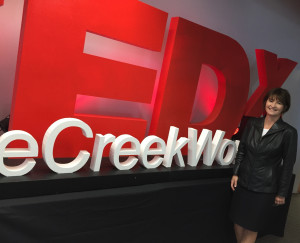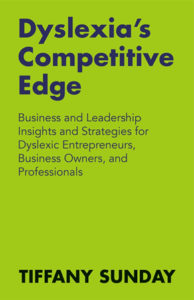 On Sunday, October 18, 2015, I was the guest on ABC WFAA Channel 8’s Day Break News Show for Dyslexia Awareness Month.
On Sunday, October 18, 2015, I was the guest on ABC WFAA Channel 8’s Day Break News Show for Dyslexia Awareness Month.
I believe it is important to bring awareness to dyslexia especially educating the general public about the learning disorder and how dyslexia can be an advantage.


 Excited to announce that my second book
Excited to announce that my second book